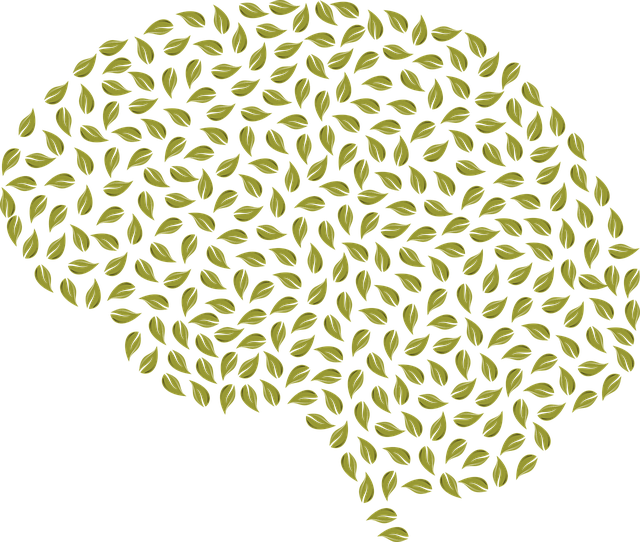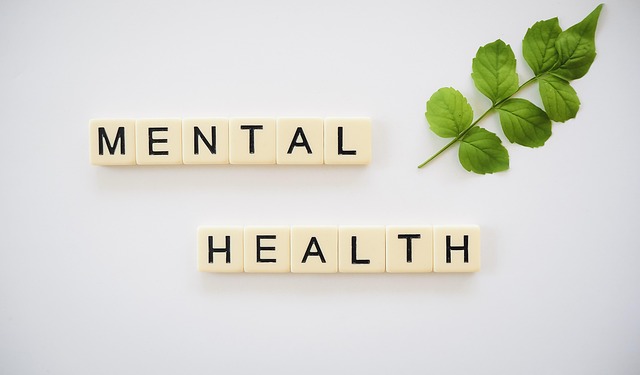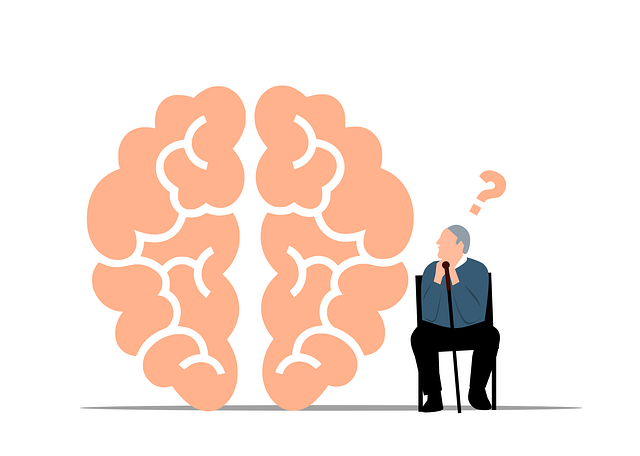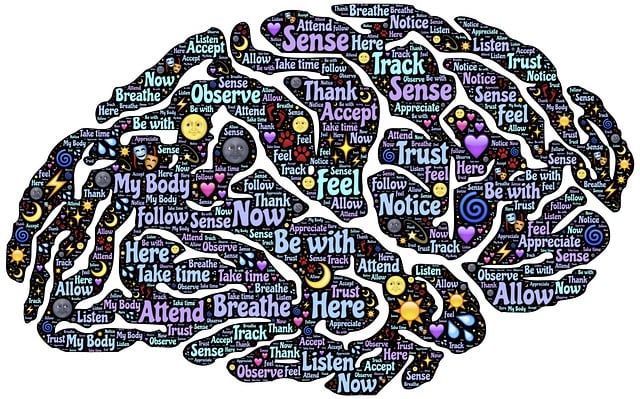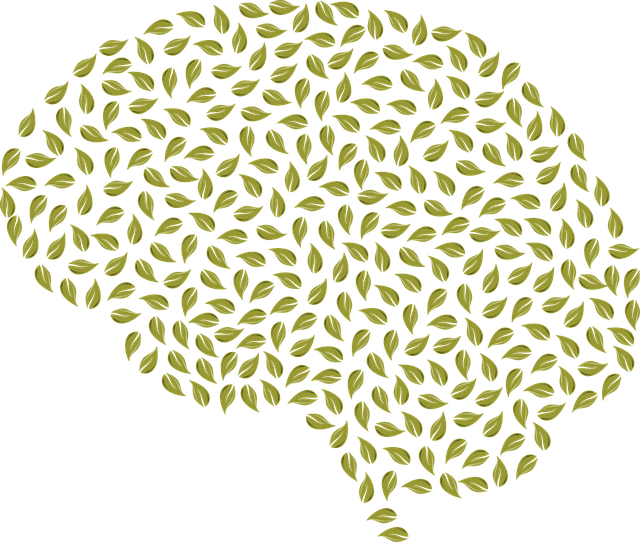Mental health apps tailored for young adults must address unique pressures from academics, careers, social expectations, and digital connectivity, offering therapy for young adults and bariatric evaluations. These apps should integrate evidence-based practices for stress management, personalized treatment plans, and calming interfaces to foster holistic mental wellness. Privacy, ethics, and effective marketing are critical, with robust encryption, transparent data handling, strict ethical guidelines, and scientifically backed success stories.
In today’s digital era, mental wellness apps offer a promising avenue for supporting young adults. This article delves into the critical components of developing effective therapy solutions tailored to this demographic. We explore essential aspects such as understanding the unique mental health needs of young adults and integrating barometric evaluations for personalized digital therapy. Additionally, we discuss app design, functionality, privacy concerns, ethical considerations, and marketing strategies for successful mental wellness app development, focusing on therapy for young adults.
- Understanding Mental Health Needs of Young Adults
- Integrating Bariatric Evaluations in Digital Therapy
- App Design and Functionality for Effective Support
- Privacy, Ethics, and Marketing Considerations for Success
Understanding Mental Health Needs of Young Adults

The mental health landscape for young adults presents unique challenges and diverse needs. This demographic often faces pressures from academic demands, career aspirations, social expectations, and the constant connectivity of digital life, all of which can contribute to heightened stress levels and emotional strain. Understanding these nuances is crucial when developing mental wellness apps tailored to young adults.
Apps designed for this audience should incorporate features that address specific concerns such as therapy for young adults, bariatric evaluations, and confidence-boosting exercises. By integrating evidence-based practices and emotional healing processes, these applications can empower users with effective stress management workshops organization, promoting holistic mental wellness.
Integrating Bariatric Evaluations in Digital Therapy

Incorporating bariatric evaluations into digital therapy platforms offers a promising approach to enhancing mental wellness support, particularly for young adults. These evaluations go beyond traditional therapeutic assessments by focusing on an individual’s relationship with food and their eating habits as potential indicators of underlying emotional and psychological issues. By integrating this risk assessment tool, mental health professionals can gain valuable insights into their clients’ well-being. This is especially relevant when addressing the unique challenges faced by young adults navigating their identity and self-perception.
The process involves using evidence-based questionnaires and scales to assess eating patterns, emotional regulation strategies, and mind over matter principles at play in an individual’s life. Such evaluations enable therapists to personalize treatment plans, targeting specific areas of concern. This tailored approach can prove beneficial in managing various mental health issues, from body image disorders to stress and anxiety, ensuring that digital therapy remains effective and engaging for this demographic.
App Design and Functionality for Effective Support

A mental wellness app designed for young adults should prioritize intuitive and user-friendly design, making it accessible and engaging. The interface should be clean, with clear navigation menus and simple language to ensure users can easily find resources tailored to their needs. Visual elements like calming colors and soothing imagery can contribute to a positive user experience, fostering a sense of relaxation and comfort. Functionality is key; the app should offer various therapeutic tools such as guided meditations, cognitive-behavioral techniques for stress management, and personalized mood tracking. Features like interactive exercises, educational content on mental health topics, and even a community forum can enhance support.
Incorporating specific functions tailored to unique user needs is essential. For instance, apps designed to assist in weight loss journeys (bariatric evaluations) can include features for setting nutritional goals, tracking caloric intake, and providing motivational messages. Effective app design considers the entire user journey, from initial onboarding to ongoing engagement, ensuring that each feature supports long-term mental wellness. Additionally, integrating communication strategies like in-app messaging or live chat allows users to connect with mental health professionals for real-time support, making the app a comprehensive resource for young adults seeking therapy.
Privacy, Ethics, and Marketing Considerations for Success

Privacy, Ethics, and Marketing Considerations are paramount for the success of a mental wellness app, especially when catering to vulnerable populations like young adults. With users sharing sensitive information related to their mental health, ensuring data security and confidentiality is non-negotiable. This includes robust encryption methods and transparent data handling practices. Ethical guidelines should also be rigorously followed, particularly regarding consent, usage of user data for research or third-party sharing, and the potential for bias in AI-driven interventions, such as those offering therapy for young adults or bariatric evaluations.
Marketing strategies must balance promoting features and benefits like mood management tools and self-care routine development with upholding ethical standards. Emphasizing user privacy and data security can be a key differentiator, building trust among users. Leveraging real stories of successful mental wellness journeys, including those focusing on self-awareness exercises, can resonate deeply with potential users. However, marketing should avoid exploitation or sensationalism, ensuring that the app’s effectiveness is demonstrably backed by science and user experience.
Mental wellness apps have the potential to revolutionize therapy for young adults by providing accessible and personalized support. Integrating bariatric evaluations into these digital platforms can enhance their effectiveness, allowing for more tailored interventions. By focusing on intuitive app design, robust functionality, and addressing critical privacy and ethical concerns, developers can create tools that truly make a difference in the lives of this demographic. With careful consideration of marketing strategies, these apps can reach those in need and foster positive mental health outcomes.


